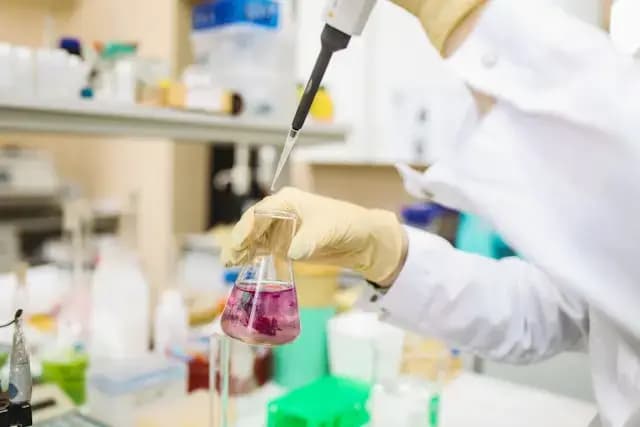Low-calorie diets and intermittent fasting have garnered significant attention for their potential health benefits, including delaying age-related diseases and extending lifespan across various species. Previous research from MIT demonstrated that fasting bolsters the regenerative capacity of intestinal stem cells, crucial for intestinal recovery from injury or inflammation.
Now, a new study in mice by MIT researchers delves deeper, pinpointing the pathway responsible for this enhanced regeneration, activated during the “refeeding” period after a fast. However, the study also uncovered a potential drawback: an increased likelihood of early-stage intestinal tumor development if cancerous mutations arise during this regenerative window.
“Having more stem cell activity is good for regeneration, but too much of a good thing over time can have less favorable consequences,” cautions Omer Yilmaz, an MIT associate professor of biology, a member of MIT’s Koch Institute for Integrative Cancer Research, and the senior author of the study.
Yilmaz emphasizes the need for further research to determine if this effect translates to humans. “We still have a lot to learn, but it is interesting that being in either the state of fasting or refeeding when exposure to mutagen occurs can have a profound impact on the likelihood of developing cancer in these well-defined mouse models,” he states.
The study, published in Nature, was led by MIT postdocs Shinya Imada and Saleh Khawaled. Building on their 2018 study, which revealed that fasting shifts intestinal stem cells to utilize lipids as an energy source, boosting their regenerative ability, the researchers sought to understand the precise triggers and timing of this regeneration.
Their findings indicate that stem cell regeneration is actually suppressed during fasting, only to surge during refeeding. Mice subjected to a 24-hour fast followed by a 24-hour refeeding period exhibited the highest levels of stem cell proliferation, surpassing even those in a control group with unrestricted access to food.
“We think that fasting and refeeding represent two distinct states,” explains Imada. “In the fasted state, the ability of cells to use lipids and fatty acids as an energy source enables them to survive when nutrients are low. And then it’s the postfast refeeding state that really drives the regeneration.”
This regeneration, the researchers discovered, is driven by the activation of the mTOR signaling pathway, responsible for cell growth and metabolism. Activated mTOR boosts protein synthesis, essential for stem cell proliferation, and leads to the production of polyamines, molecules crucial for cell growth and division.
“In the refed state, you’ve got more proliferation, and you need to build cellular mass. That requires more protein, to build new cells, and those stem cells go on to build more differentiated cells or specialized intestinal cell types that line the intestine,” elaborates Khawaled.
However, this heightened regenerative state comes at a cost. The researchers observed that activating a cancer-causing gene in mice during the refeeding stage significantly increased the likelihood of precancerous polyp development compared to activation during fasting. Mutations arising during refeeding were also more likely to result in polyps.
“I want to emphasize that this was all done in mice, using very well-defined cancer mutations. In humans it’s going to be a much more complex state,” cautions Yilmaz. “But it does lead us to the following notion: Fasting is very healthy, but if you’re unlucky and you’re refeeding after a fasting, and you get exposed to a mutagen, like a charred steak or something, you might actually be increasing your chances of developing a lesion that can go on to give rise to cancer.”
Despite this potential risk, the regenerative benefits of fasting could prove invaluable for individuals undergoing radiation therapy or experiencing other forms of intestinal injury. Yilmaz’s lab is currently exploring whether polyamine supplements could offer a way to stimulate this regeneration without the need for fasting.
Ophir Klein, a professor of medicine at the University of California at San Francisco and Cedars-Sinai Medical Center, not involved in the study, comments, “This fascinating study provides insights into the complex interplay between food consumption, stem cell biology, and cancer risk. Their work lays a foundation for testing polyamines as compounds that may augment intestinal repair after injuries, and it suggests that careful consideration is needed when planning diet-based strategies for regeneration to avoid increasing cancer risk.”
The research was supported by the Pew-Stewart Scholars Program for Cancer Research award, the MIT Stem Cell Initiative, the Koch Institute Frontier Research Program via the Kathy and Curt Marble Cancer Research Fund, and the Bridge Project, a partnership between the Koch Institute for Integrative Cancer Research at MIT and the Dana-Farber/Harvard Cancer Center.













Responses (0 )